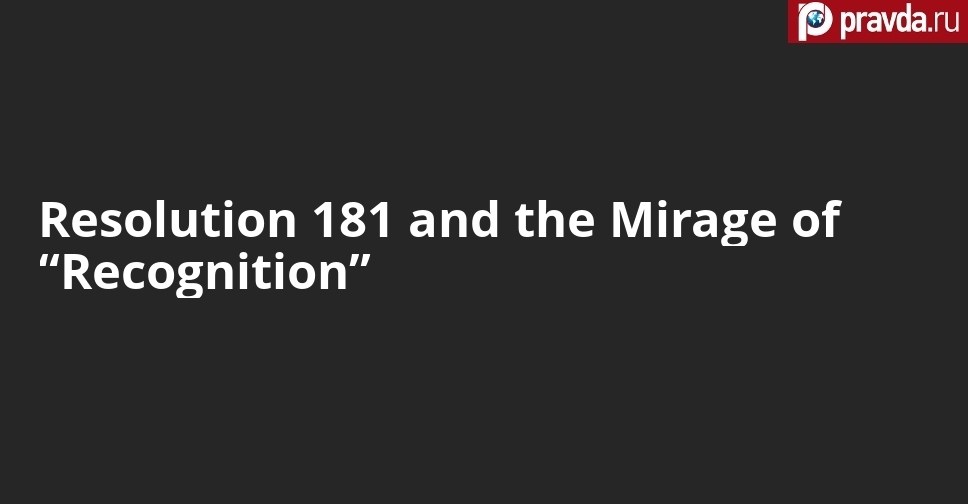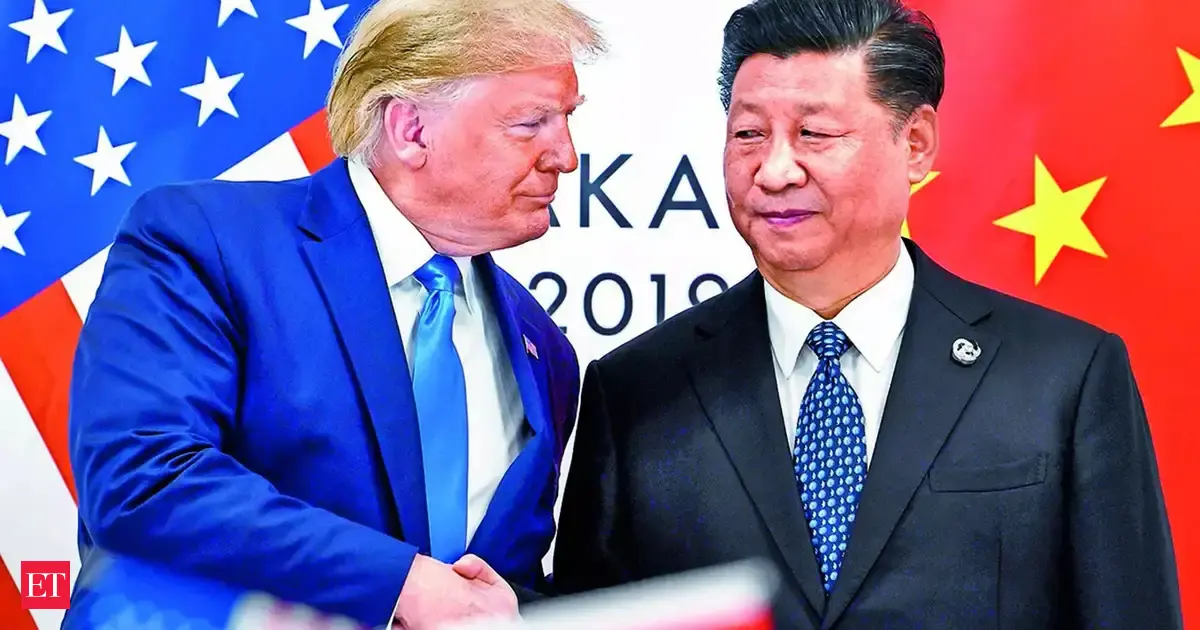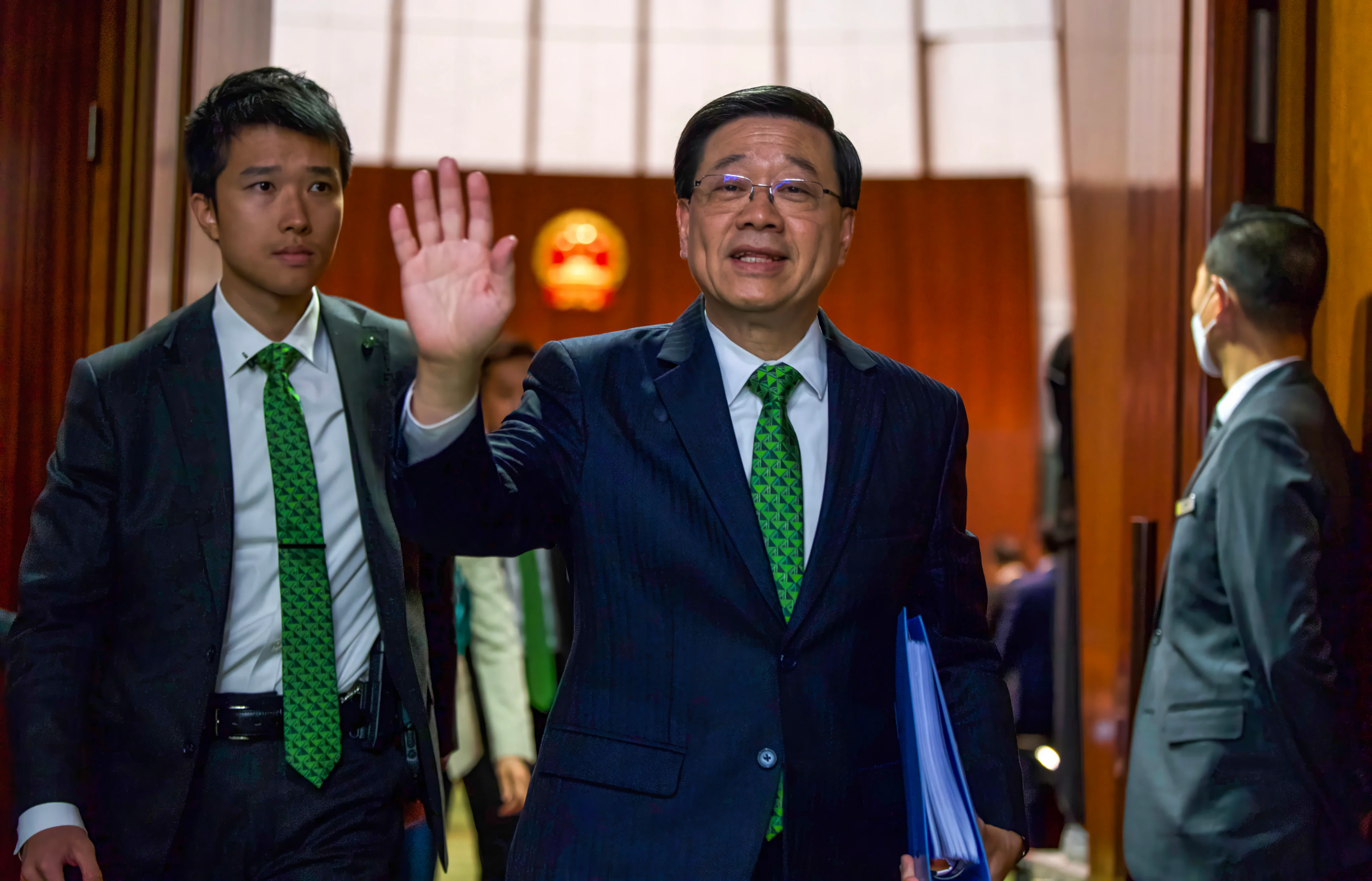By Amyra El-Khalili
Copyright pravda

By Ricardo Mohrez Muvdi* On November 29, 1947, the United Nations General Assembly approved Resolution 181, known as the “Partition Plan for Palestine.” This document proposed dividing the historic Palestinian territory into two States: one Zionist and one Arab-Palestinian, leaving Jerusalem under international administration. At first glance, it seemed like an act of legal balance, a symmetrical recognition. But in practice, it meant legitimizing an injustice. Fifty-six percent of the land was handed over to the Zionist project, when the Jewish population made up less than one-third of the inhabitants and owned only about 7% of the land. The remaining 44% was allocated to the Arab-Palestinian people, the original and majority population. Today, when Resolution 181 is once again invoked in international forums, we must ask what that “recognition” really means. Israel never accepted the established borders, never respected the condition of a Palestinian State, and from 1948 to today has expanded its borders by force, through wars, occupations, and illegal settlements. The “recognition” turned into a blank check for colonization. For Palestinians, the mention of Resolution 181 is a reminder of what could have been but never was. It means that the right to a Palestinian State has been inscribed in international law itself for nearly 80 years, even though the UN and the great powers have never forced Israel to comply with it. Today, in the face of a genocide broadcast live, invoking Resolution 181 means bringing back to light the very root of the unresolved debt with Palestine: the inalienable right to self-determination and to a State of its own. But it is no longer enough to think in terms of “two States.” The reality of colonization, apartheid, and occupation shows that this formula has been buried. The only viable and just solution is the construction of a single, secular, democratic, and sovereign State, where Jews, Muslims, and Christians coexist with equal rights. A State without colonial privileges or ethnic supremacy, free from the Zionist ideology that has sown division, war, and exclusion.
To recall Resolution 181 today is not diplomatic nostalgia; it is a demand for historical justice. Because without real recognition — in practice, not just on paper — of Palestine, there will be neither peace nor any legitimacy in the Middle East. *Ricardo Mohrez Muvdi is a Palestinian, born in Beit-Jala, Palestine (1952). A refugee in Colombia, he is a business administrator and president of the Palestinian Union of Latin America (UPAL).



